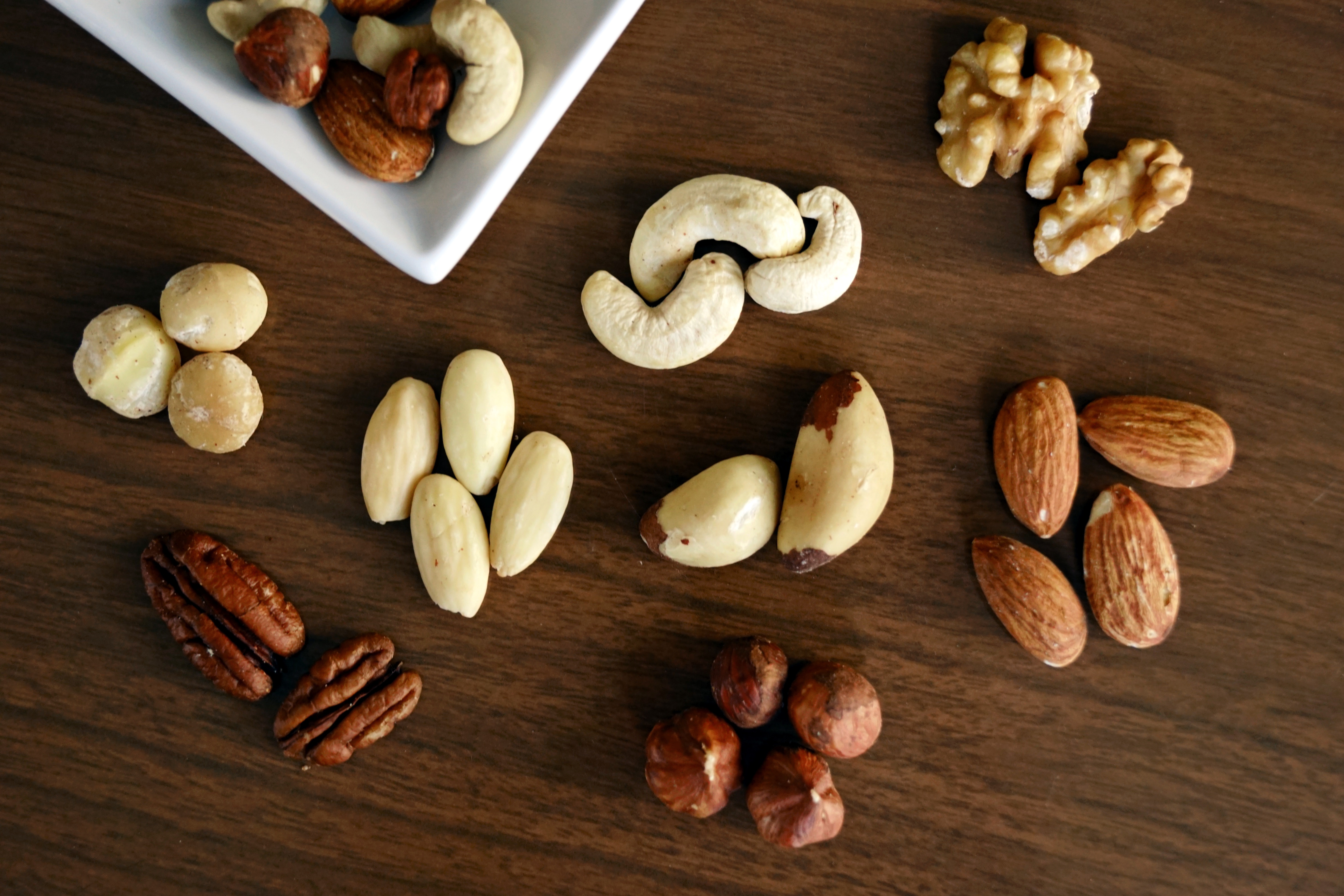
Fat Burning Foods: These 7 Kinds of Foods Can Kickstart Your Metabolic Rate
There’s a lot of hype about “fat burning foods” that allegedly shred fat faster than you can devour that whey powder protein bar. However, with so many alleged superfoods on the market, it’s starting to look like we have a surplus of miraculous fat blasters. In reality, that simply isn’t true.
You need a variety of approaches to burn fat and build or sustain muscle. One is increasing your metabolic rate, which naturally decreases with age. Women also have a naturally slower metabolic rate than men.
You can’t rev up your metabolic rate with diet alone, but it can be an effective part of your approach.
Are there really foods that can speed up your metabolism?
Yes, but they’re not as common as the ads on your favorite spin or bodybuilding site would have you believe.
Before we dive into the options, let’s take a look at how your metabolism works in the first place—and the many factors that go into speeding it up or slowing it down.
Fat Burning Foods in Relation to a “Slow” or “Fast” Metabolism

Everyone’s heard of a “slow metabolism” because it’s the scapegoat for weight loss and plateaus. Few people actually know what it is. Metabolism is certainly connected to weight, but a so-called slow metabolism is rarely the sole cause of gaining weight.
Your metabolism is how the body converts what you consume into energy. It’s a complicated biochemical process that combines calories with oxygen to give your body energy.
Even when you’re vegging out watching Netflix, your body demands energy for autopilot functions like breathing, making sure hormone levels are right, growing cells, and moving blood around the body.
How many calories your body needs to perform these basic functions is called basal metabolic rate. For short, it’s “metabolism.”
The Metabolic Fire and Fat Burning
Everyone’s metabolism is different. It’s dictated by your body size—which is why bigger folks or those with a lot of muscle mass burn more calories around the clock.
Since men have less body fat and more muscle than women (usually), they simply burn more calories. Muscle mass decreases naturally with age, called sarcopenia, which is why you burn fewer calories the older you get.
Your basic metabolic rate is one of three determining factors when it comes to how many calories you burn per day. There’s also thermogenesis, or “food processing.” Digesting foods and drinks also takes calories.
In fact, 10 percent of calories from protein and carbs go into digesting the meal they are part of. There’s also physical activity. From working out to walking from your car to the drycleaner, physical activity is the biggest variable in how many calories we burn per day.
If you increase muscle mass as part of your workouts, such as with free weights or TRX, that increased muscle mass means you’ll be burning more calories, too. (So if you’re not weight training already, there’s some serious motivation to add it to your routine).
Your metabolism is a natural process, and your body has a number of ways to ensure it’s doing its job. It’s very rare that a “slow metabolism” is the main cause of weight gain.
Weight gain is usually a mix of genetics, hormonal controls, the degree of physical activity, sleep quality—and diet.
We can tweak our diet to maximize our metabolism to some degree. But it requires knowing which foods really work.
Food for Thought (and a Faster Metabolism)

Of the many ways you can slightly customize your metabolism, diet is a facet that is 100 percent in your control. Here are a few foods that can improve your metabolism, how they work, and why:
- Flavonoids are a naturally occurring compound found in a variety of plants, and many studies have shown that they can help better your metabolism. Most recently, a study published in the BMJ suggests that these compounds help prevent the body from gaining excess weight. The study included 124,000 people in middle age and later. Those who ate a diet rich in flavonoids were better able to maintain their weight than those who didn’t—regardless of exercise routines or smoking. Foods rich in flavonoids include bran, berries, citrus, broccoli, many teas, and red wine. 1 1. https://www.nutritionjrnl.com/article/S0899-9007(01)00695-5/fulltext × 2 2. http://www.bmj.com/cgi/doi/10.1136/bmj.i17 ×
- Hot spices. Some research suggests that adding hot spices, such as chili flakes or capsicum, to your meal can mildly increase the metabolic rate. However, the research that does exist suggests that the changes are very slight. You’re not going to lose 20 pounds (or likely even a pound) of excess weight solely from adding hot sauce to all of your meals. But many spices do have a variety of other benefits, often anti-inflammatory, that can help your overall health. 3 3. https://europepmc.org/abstract/med/3957721 ×
- Caffeine (kind of). A lot of research has been done around caffeine and athletics, and there’s definitely a tie between caffeine consumption and how well you can work out. However, chugging an extra large Americano alone isn’t going to speed up your metabolism any significant degree. Instead, it can be used as a means of upping your exercise regimen and helping to balance your metabolism with that approach. Consuming caffeine within 30 minutes before a workout has been shown to help increase endurance. As we know, physical activity is a major component of establishing your metabolic rate. However, caffeine is addictive and adding more to your diet isn’t always the best idea. Only your doctor can gauge whether caffeine for athletic purposes is a good approach for you. 4 4. https://europepmc.org/abstract/med/723503 ×
These three factors play the biggest role in customizing your metabolic rate. However, remember that your body is very smart and unless there’s an underlying medical condition, your metabolism is working exactly as it should for your body, sex, and age.
There are no magic bullets, but of course, a healthy diet and suitable caloric intake are going to be a big part of how much fat and muscle you carry.
Adopting a holistic approach to health—not just revving up your metabolism—is the best way to get the results you want.
